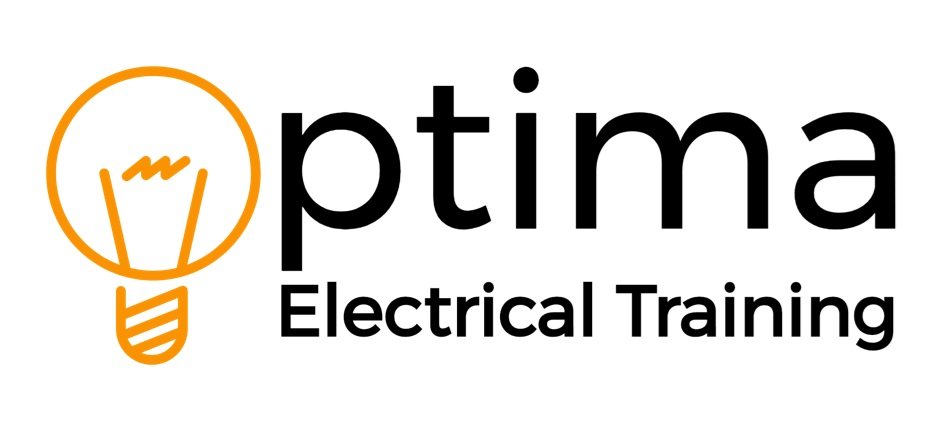MyBuilder.com provides guidance, as survey reveals almost half of all brits are puzzled by government boiler ban.
Close to half of the UK’s homeowners are confused by the government’s plans to phase out old boilers, and more than 70 per cent don’t understand the cost of upgrading to a new approved system.
This is according to a new survey from MyBuilder.com, a platform that offers a reliable way for homeowners to hire tradespeople.
The data showed that while half (48 per cent) of British homeowners didn’t know if the ban affected them and their homes, two-thirds (65 per cent) felt that current government financial incentives didn’t go far enough. On top of this, 71 per cent had no idea how much a sustainable boiler system would cost them – and a staggering 61 per cent admitted to not even knowing what a heat pump is.
Despite this lack of clarity, plans are still in place to implement the ban, leaving hundreds of thousands of UK homeowners facing a major change to their heating systems. On top of this, there is confusion around government grants, who is entitled to them, and how to apply.
Heating expert at MyBuilder.com Jack Coles said: “There’s a lot of confusion around the boiler ban and what options are available to UK homeowners. However, inevitably we will all need to move over to more sustainable systems in the not-so-distant future, so it’s a good time to do your research now. There are also grants available to encourage UK homeowners to switch systems, so take advantage of them while you can.”
MyBuilder.com has put together a guide on the subject, to help UK homeowners understand the changes, their options, and whether they are entitled to grants. For the full comprehensive guide from MyBuilder.com, please visit www.mybuilder.com/blog/boiler-report.
Summary of changes and how they affect you
The ban on the sale of new gas boilers in 2035 remains and the government will introduce new exemption for poorer households to update their systems.
UK homeowners who need to replace their boilers after 2035 will be banned from using LPG or oil boilers. This has been extended from the previous timeline, which would have seen the ban implemented in 2025.
All new homes built after 2035 can no longer install gas boilers and will have to use an alternative heating system.
Ground source heat pumps or other, greener, methods will need to be installed instead.
This policy will be means tested, so if your income is below the threshold you will not be required to upgrade your boiler even if it is after 2035. Details on this have not yet been announced.
From 23 October 2023, the grant level for air source heat pumps and ground source heat pumps will increase from £5,000 (air source) and £6,000 (ground source) to £7,500.
Alternative options to gas, LPG and oil boilers
OptionCosts to installGround source heat pumps£24,000 – £49,000Air source heat pumps£7,000 – £13,000Solar heating systems£3,000 – £5,000Biomass boiler£4000 – £21,000Electric£1500 – £2000 for the electric boiler plus standard £650 – £2150 for installationElectric radiators£400 per roomInfrared heating panels£125 – £180 per panel
Alternative options and installation explained
Ground source heat pumps
A ground source heat pump transfers heat from the ground outside your home to heat your radiators or underfloor heating.
Air source heat pumps
This works in the same way as a ground source heat pump but transfers the heat from the air outside to heat your home.
Solar heating systems
Solar heating works by using the sun’s energy to heat and store hot water to be used in your home. Solar is energy efficient and a cost-saving option, but needs to be used in conjunction with another system to meet all your heating needs.
Biomass boiler
A renewable energy source that generates heat from burning sustainably sourced wood. A stove in one room will burn the wood to provide central heating and hot water to your house.
Electric boilers
Electric boilers are becoming more popular in the UK. Not only is this system more carbon efficient, it also has lower maintenance costs, can be more cost-effective, and is quieter.
Electric radiators
This option gives you separate radiators in each room, rather than a central boiler. This makes your home more energy efficient and reduces your carbon footprint.
Infrared heating
Infrared heating is affordable and easy to install and offers excellent efficiency, as the energy it produces heats exactly the area that is required.
Grant options
Grants of up to 50 per cent of the cost (or £7500) will be provided to all households to replace old gas and oil boilers with ground or air source heating. These do not need to be repaid.
OptionGrants availableGround source heat pumps£7,500Air source heat pumps£7,500Solar heating systemsSome grants may be available through Energy Companies Obligation (ECO) scheme, designed for those on a low incomeBiomass boiler£5,000Electric boilersSome grants may be available through Energy Companies Obligation (ECO) scheme, designed for those on a low incomeElectric radiatorsSome grants may be available through Energy Companies Obligation (ECO) scheme, designed for those on a low income
How do I apply for the boiler grant scheme?
Check you are eligible, and if your property is eligible.
Contact suitable MCS-certified installers for a quote
Confirm your eligibility with the installer
Agree your quote
The installer will apply on your behalf via Ofgem
The value of the grant will be taken off the final price
For the full comprehensive guide from MyBuilder.com, please visit www.mybuilder.com/blog/boiler-report.




